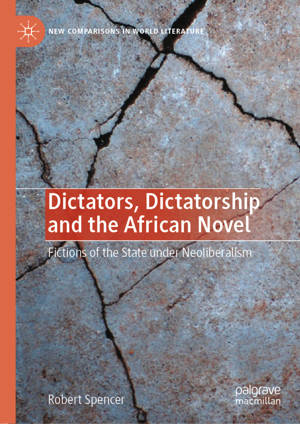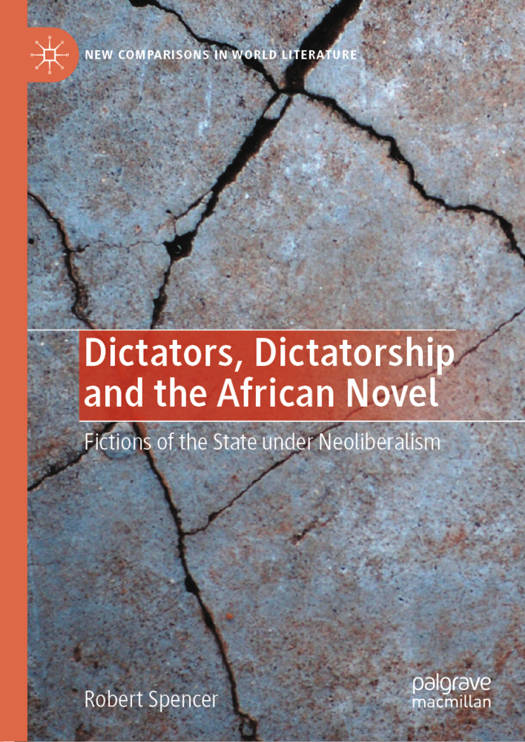
- Afhalen na 1 uur in een winkel met voorraad
- Gratis thuislevering in België vanaf € 30
- Ruim aanbod met 7 miljoen producten
- Afhalen na 1 uur in een winkel met voorraad
- Gratis thuislevering in België vanaf € 30
- Ruim aanbod met 7 miljoen producten
Dictators, Dictatorship and the African Novel
Fictions of the State Under Neoliberalism
Robert SpencerOmschrijving
This book examines the representation of dictators and dictatorships in African fiction. It examines how the texts clarify the origins of postcolonial dictatorships and explore the shape of the democratic-egalitarian alternatives. The first chapter explains the 'neoliberal' period after the 1970s as an effective 'recolonization' of Africa by Western states and international financial institutions. Dictatorship is theorised as a form of concentrated economic and political power that facilitates Africa's continued dependency in the context of world capitalism. The deepest aspiration of anti-colonial revolution remains the democratization of these authoritarian states inherited from the colonial period. This book discusses four novels by Ngũgĩ wa Thiong'o, Ahmadou Kourouma, Chinua Achebe and Chimamanda Ngozi Adichie in order to reveal how their themes and forms dramatize this unfinished struggle between dictatorship and radical democracy.
Specificaties
Betrokkenen
- Auteur(s):
- Uitgeverij:
Inhoud
- Aantal bladzijden:
- 276
- Taal:
- Engels
- Reeks:
Eigenschappen
- Productcode (EAN):
- 9783030665555
- Verschijningsdatum:
- 2/03/2021
- Uitvoering:
- Hardcover
- Formaat:
- Genaaid
- Afmetingen:
- 148 mm x 210 mm
- Gewicht:
- 494 g

Alleen bij Standaard Boekhandel
Beoordelingen
We publiceren alleen reviews die voldoen aan de voorwaarden voor reviews. Bekijk onze voorwaarden voor reviews.











